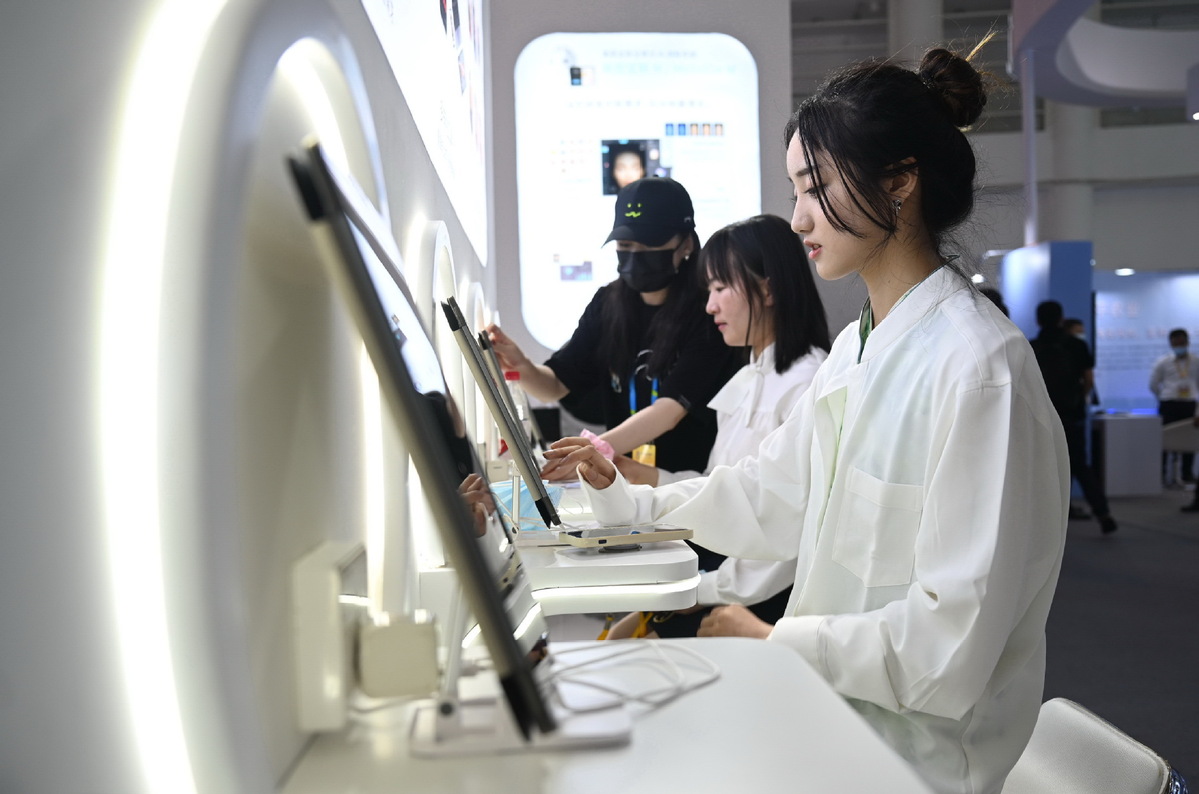Reflections on China’s Rise to Technology Leadership

From a follower to a world leader in technological innovation, China’s great transformation has demonstrated to the world the great potential, vitality, and creativity of the Chinese nation.
It was the year 2000. America Online, the brash young Internet service provider founded by Steve Case, rocked the business world on January 10, by announcing an agreement to purchase the venerable Time Warner for US $162 billion in the largest-ever corporate merger of all time. On March 10, the NASDAQ Composite Index reached an all-time high of 5,048. Not long after, I landed in Beijing as the summer associate for a U.S. venture capital firm backed by a highly successful American entrepreneur to look for startup opportunities in China in what we all were certain was an infinite landscape of virgin opportunity.
Venture capitalists love buzzwords. With the founding of eBay in 1995, online auctions of anything imaginable became a hot fad in the United States with the buying and selling of beanie babies, a line of limited-edition stuffed animals – the totem of this new Internet-enabled platform of consumer-to-consumer business activity. Of course, this was soon shortened to the acronym “C2C.”
And so, my mandate as a venture capitalist that summer was to find C2C opportunities. But in China, this didn’t stand for “consumer-to-consumer” necessarily. Instead, it was to find opportunities to “copy to China.” We wanted to see who could be the Google of China, the Amazon of China, the eBay of China…

And this reflected the state of technology innovation in China at the time as well. The best ideas and the best technologies as well as the most experienced people including software developers, user experience designers, and product managers, all came from the United States. The builders of startups in China were brave, eager, and hardworking. But they lacked expertise and experience. Therefore, the most sensible thing to do as an investor was to copy what worked elsewhere with the winners being those who could copy more quickly and with greater fidelity than anyone else.
While it was certainly true at that time China was not poised properly for that particular brand of innovation, this led to an unfortunate conclusion among a number of foreign investors and entrepreneurs that China could not innovate. What especially astonished me was the conviction with which some believed this. However, China would prove them wrong.
In 2011, a team at Tencent led by Allen Zhang launched an app called WeChat and this shattered the notion that China could not innovate. For several years, many in the West thought of WeChat as just another messaging app like WhatsApp. But in fact, the product vision articulated by Allen Zhang and his team was revolutionary in that WeChat was intended to be and has become the indispensable remote control for the online and offline lives of almost everyone in China. In fact, when it comes to the development of the Internet, Allen Zhang may have had a larger impact than Mark Zuckerberg of Meta (formerly known as Facebook) as I wrote in a 2016 article titled “Who’s Allen Zhang and Why He May Matter Way More Than Mark Zuckerberg.”
Connie Chan, a partner at Andreessen Horowitz (known as “a16z”), the venture capital firm founded by Marc Andreessen (developer of Netscape, the world’s first widely-used Internet browser) and Ben Horowitz, were among the first people in Silicon Valley to recognize the significance of WeChat. In an influential blog post published in 2015 called “When One App Rules Them All: The Case of WeChat and Mobile in China,” she wrote, “Much has been written about WeChat in the context of messaging app trends, but few outside of China really understand how it works — and how it can pull off what for many companies (and countries) is still a far-off vision of a world managed entirely through our smartphones.”
We all now know how WeChat has transformed lives in China and just how significant its technological and marketing breakthroughs are. However, like many other startup successes in China, WeChat has had only limited success outside of China. And this has led some to conclude that Chinese innovation can only succeed in China.

Huawei is a shining example of a Chinese technology company that has achieved global success in a ferociously competitive market guarded by powerful established incumbents. But it is also a cautionary tale of how the ambitions of Chinese technology companies can collide with the geopolitical anxieties of countries fearing loss of status and influence. While the future for Huawei is still not clear and will be influenced by the outcome of the geopolitical contest between China and the United States; what is clear is that Huawei highlights the rich capabilities of Chinese technology companies to establish global leadership if not hamstrung by geopolitics.
Tiktok/Douyin is another Chinese technology company that has overcome seemingly insurmountable language and cultural barriers to achieve global success. What is especially noteworthy about Tiktok is that it won in the WEIRD countries (Joseph Henrich’s acronym for Western, Educated, Industrialized, Rich, and Democratic) since conventional wisdom holds that the cultural distance of these countries would make non-WEIRD success impossible.
At least part of the explanation of Tiktok’s success lies in perceptions (or misperceptions). Like WeChat, which was first considered only a messaging app, Tiktok is often misunderstood as merely a short video application when in fact it is the world’s first globally successful AI enterprise. That an app launched out of China could come to the U.S. and sprint into cultural relevance in this mature and highly barricaded attention marketplace should be a wake-up call to American tech companies.
Over the past 20 plus years I’ve watched China transform from a fast copier to world leader in many areas of technological innovation. Moreover, these innovations are occurring not only at the product level but also in the systems, principles, and philosophies that invisibly guide and shape the products we see and use. With rapid advances in the digital yuan, 5G, new energy vehicles, and other technologies, much of the world’s technological future is being made in China, with Chinese characteristics, and the world is starting to take notice.
Andy Mok is a senior research fellow at the Center for China and Globalization. He is a regular commentator on Aljazeera, CGTN, and other global media outlets and is also the former president of the Wharton Club of Beijing.
 Facebook
Facebook
 Twitter
Twitter
 Linkedin
Linkedin
 Google +
Google +










